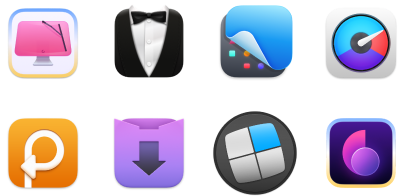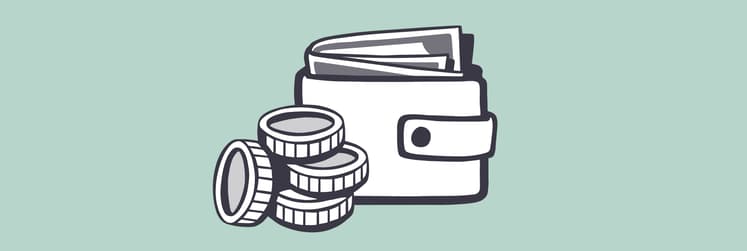5 BEST mood tracking apps to improve emotional well-being in 2026
Check out my top 2 picks for mood tracking. All apps are availbale for a seven-day free trial on Setapp:
I’m someone who lives with Generalized Anxiety Disorder (GAD), which means navigating my emotions can sometimes feel overwhelming. Thankfully, my therapist has given me various strategies to cope, and one of those methods is tracking my emotions. This practice helps me understand myself better and learn about my reactions in different situations.
While I used to rely on pen and paper, I’ve now switched to apps that offer more functionality and convenience. In this article, I’ll share the best mood tracking apps I’ve tested and chosen, which not only help me monitor my feelings but also enhance my overall mental well-being.
Mood-tracking tools for everyday use
The most effective mood tracking tool will fit seamlessly into your daily routine. After all, a tool might be cool, but if it doesn’t encourage you to stay consistent, what use does it have?
Let’s go over mood-tracking apps you might want to start using:
| Let’s compare! | Daylio | Diarly | UpLife | MoodCast | |
| Mood tracking | ✓ | ✓ | ✕ | ✓ | |
| Journaling | ✓ | ✓ | ✓ | ✓ | |
| Habit tracking | ✓ | ✓ | ✓ | ✕ | |
| Privacy & security | ✓ | ✓ | ✓ | ✓ | |
| Customization | ✓ | ✓ | ✓ | ✕ | |
| Prompts & assistance | ✕ | ✓ | ✓ | ✓ | |
The easiest way to track your moods
If you prefer offline mood tracking, consider printing mood charts, starting a physical journal using a blank notebook, or purchasing a dedicated journal for mood tracking. Keen to stick to digital, portable platforms on your computer and phone? You can create your own spreadsheet or, better yet, use one of the following mood-tracking apps to get started.
Top 4 mood-tracking apps
Digital mood tracking apps have a leg up over traditional analog tools in many ways. They’re more accessible, portable, and can be filled in 24/7, regardless of where you are. They also come with a range of features like mood tracking reports, creative mood logging, reminders, and integration with other health apps for a more complete picture of well-being.
1. Daylio — dedicated mood tracking app
Daylio lets you track your mood in great detail. Every daily entry starts with a general five-mood scale, and from there, you can tap specific feelings, sleep quality, productivity measures, and countless other items in a variety of group categories like work, school, chores, and more. In the stats section, you can get an overview of your daily moods, activity count, and more in several chart formats.
Here’s how I discovered this app: One Redditor mentioned, “It’s an app where there are 5 moods, and loads of ‘sub moods’ (which are customizable).” I found this intriguing because I often struggle to pinpoint exactly how I’m feeling. The idea of having sub-moods sounds like a great way to capture the nuances of my emotions.
![]()
Pros
- Detailed mood tracking
- Lots of statistics for a holistic overview
Cons
- Focused on mood tracking rather than in-depth journaling
Price
Free and paid versions available from $6.99/month, $23.90/year, or $79.99 for a one-time lifetime purchase.
Why choose Daylio?
Daylio is intuitive mood tracking at its finest, letting you track items with a single tap but presenting other features like statistics, journaling prompts, and more only if you want to use them.
2. Diarly — private diary to record all your moods
Diarly is a comprehensive journaling app where you can record daily entries complete with images, videos, emojis, map locations, and more, so you can capture all of life’s moments in one place. With a built-in Markdown editor and template creation, you can fully customize your experience on the app. What’s more, you can even create daily objectives to see whether you stay on track and track your mood using a sliding scale.
A satisfied Setapp user says about Diatly, “This is my favourite app for keeping a journal. Or more if you like. Templates, Calendar, Timeline, Multiple Entries per day or just one with or without timestamps, mood barometer, themes to set up your personalised writing space – everything is there.”
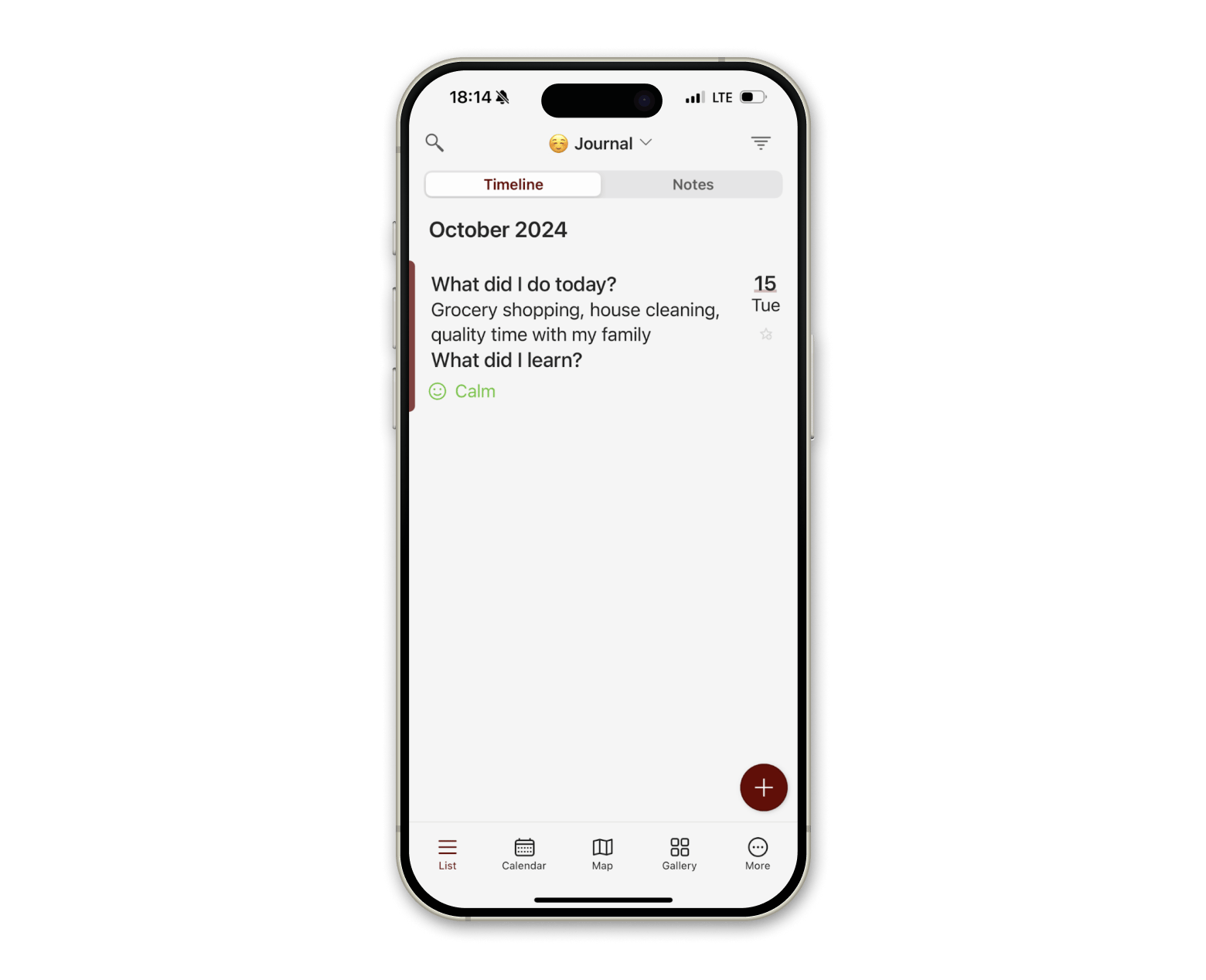
Pros
- Rich customization
- Mood chart and tracker
- End-to-end encryption with biometric unlock
Cons
- Overly granular look at content breakdown
Price
Available on Setapp, a subscription platform with 250+ apps for Mac, iPhone, and iPad. Install as many apps as you want for a flat monthly fee. 7-day free trial.
Why choose Diarly?
Diarly is ideal for those looking for a complete daily journal with personalization features and tracking options.
3. UpLife — a therapy-like wellness tracker
Want an app with a stronger focus on mental health and well-being? UpLife lets you choose between multi-day journeys or single meditation or relaxation sessions and allows you to journal your thoughts and feelings with prompts afterward. You can plan your own schedule and rituals, adding lessons to your calendar like “Emotional Intelligence” or “Hearing and Feeling Yourself Again” as you see fit.
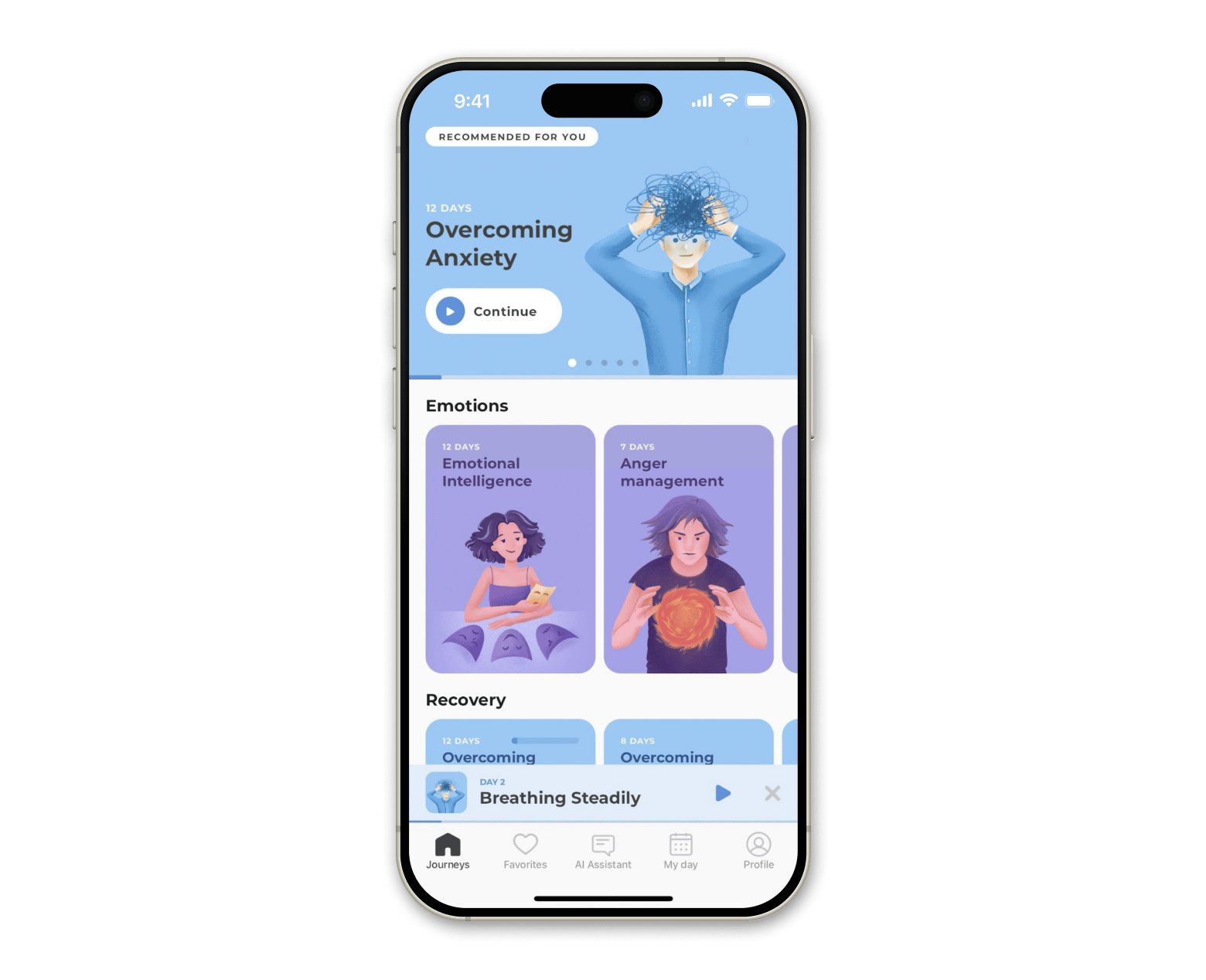
Pros
- Guided programs and exercises
- AI assistant
- Reliable psychology references
Cons
- Certain features are tricky to access.
Price
Available on Setapp, a subscription platform with 250+ apps for Mac, iPhone, and iPad. Install as many apps as you want for a flat monthly fee. 7-day free trial.
Why choose UpLife?
If you prefer a guided approach to mood exploration and improving your mental health, UpLife is the app for you. With so many journeys and practices relating to relationships, anxiety, happiness, body awareness, self-realization, and more, you can manage stress and other important aspects of mental well-being backed by real psychology.
4. MoodCast — simple daily mood tracking
MoodCast likens our emotions to the weather — unpredictable and difficult at times. Log your emotions on a temperature wheel from 0 to 100, add a general mood indicator, and set a goal for the day, such as spending time with loved ones or getting active. Each mood has a different weather pairing that’ll show up on your dashboard, and you can discover trends about your mood through charts.
![]()
Pros
- Detailed mood tracking wheel
- Statistics on mood progression
Cons
- No journaling
Price
Free and paid versions are available from $2.99/month or $29.99/year.
Why choose MoodCast?
A no-frills mood tracker that’ll help you stay on top of how you’re feeling throughout the day and encourage you to set a daily goal.
Pro tip: Apps to enhance your routine management
While mood-tracking apps can be helpful, I've found that a more comprehensive approach is essential. Overwhelming routines and schedules can lead to stress and negatively impact your mood, creating a vicious cycle. It's worth considering tools that not only help you track your mood but also manage your time more effectively. I’ll show you the ones that I tried.
If you're looking to streamline your daily routine, here are some of the best routine management apps to help you stay organized and on track:
| Let’s compare! | Awesome Habits | Atomic | Habitudes | |
| Goal tracking | ✓ | ✓ | ✓ | |
| Streak tracking | ✓ | ✓ | ✓ | |
| Reminders | ✓ | ✓ | ✓ | |
| Pre-set habits | ✓ | ✓ | ✓ | |
| Mood tracking | ✓ | ✕ | ✕ | |
| Privacy & security | ✓ | ✓ | ✓ | |
Awesome Habits — track habits and set goals
Awesome Habits is an incredibly useful app (macOS and iOS versions available) for tracking my habits and setting goals. As someone who thrives on reminders, I appreciate how this app gently nudges me to stay on track with my daily routines. The stats it provides are also invaluable; they help me see my progress over time and identify patterns in my behavior. By keeping me accountable, Awesome Habits fosters a sense of achievement that significantly boosts my mental health. Knowing that I’m consistently working toward my goals helps me feel more in control and centered.
Atomic — build good habits, break bad ones
Similar to Awesome Habits,, Atomic is an excellent app for anyone looking to build healthy habits. What I appreciate about this app is that it goes beyond simply tracking new habits; it also helps me manage my daily routines by breaking my goals into achievable tasks, whether it's meal prepping or sticking to my bedtime routine.
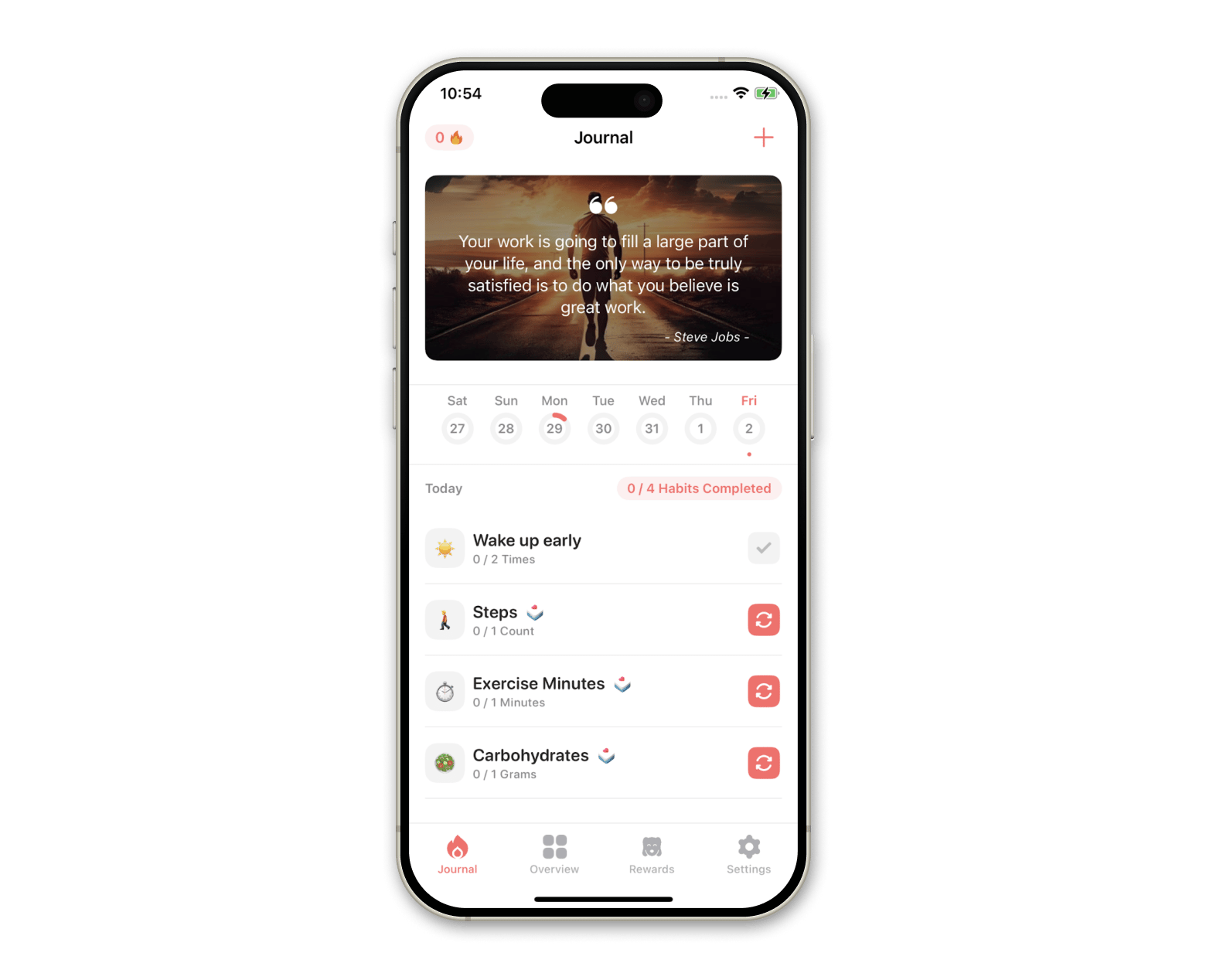
I can set both short- and long-term goals, and the app provides valuable feedback on my progress. It even motivated me to finally complete a side project I started a year ago — such a win.
The app's dashboard helps me see which habits are working and which ones need more attention. When I need a little extra motivation, I can check out the inspiration section.
Also, I can collect pieces to unlock a puzzle every time I complete a habit — a bit of entertainment to my daily routine.
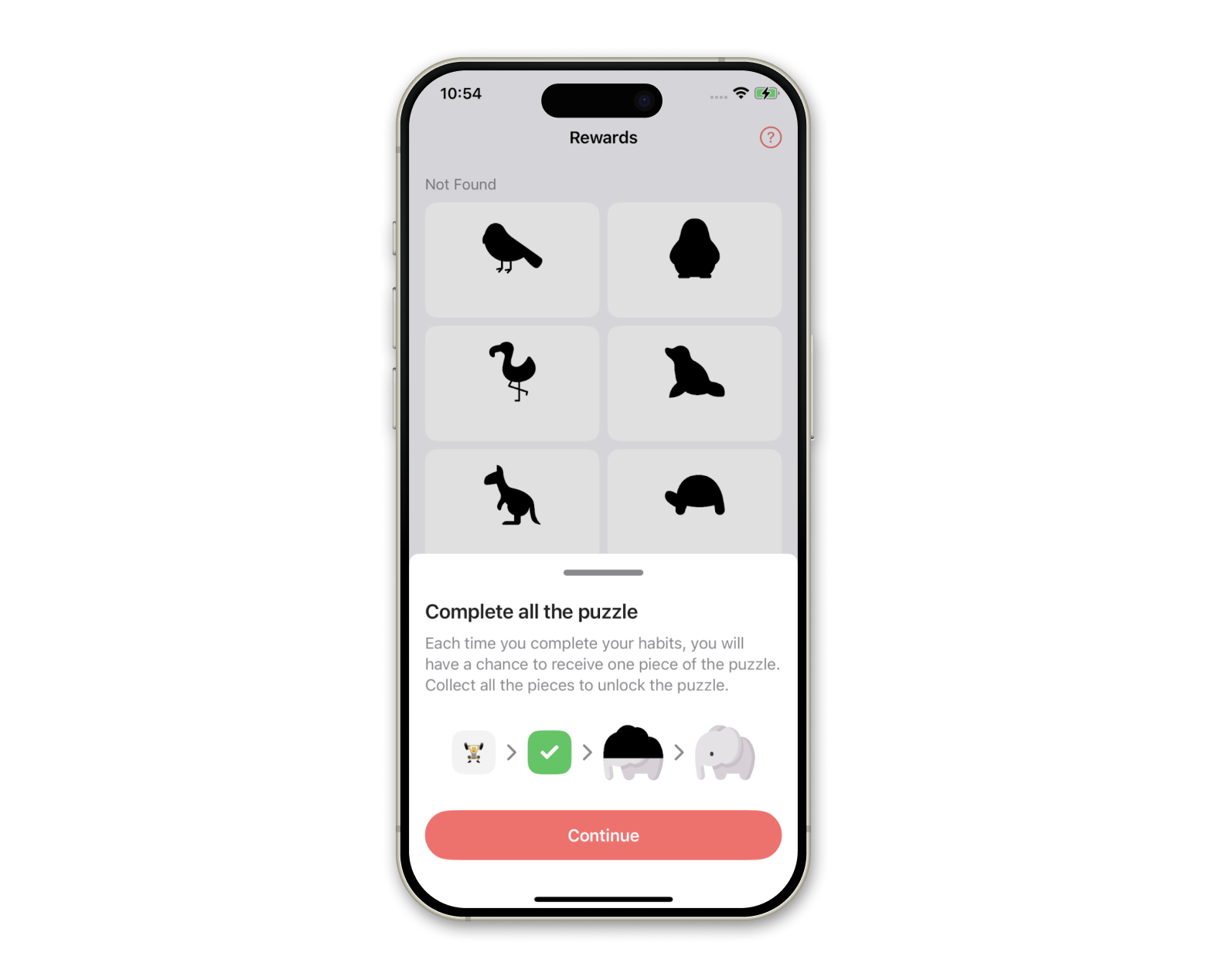
Learn more on how to develop and track personal goals.
Habitudes — digital companion to keep your resolutions
If you’re into elegant design and still want to follow your habits daily, then you should try Habitudes. One feature I particularly like is the ability to set custom reminders that help keep me on track without feeling overwhelmed.
You can customize your habits to align with your goals, set smart reminders, and track your consistency without any guilt. As you progress, you'll unlock new grades to celebrate your achievements which you can get back to and analyze them in the history tab.
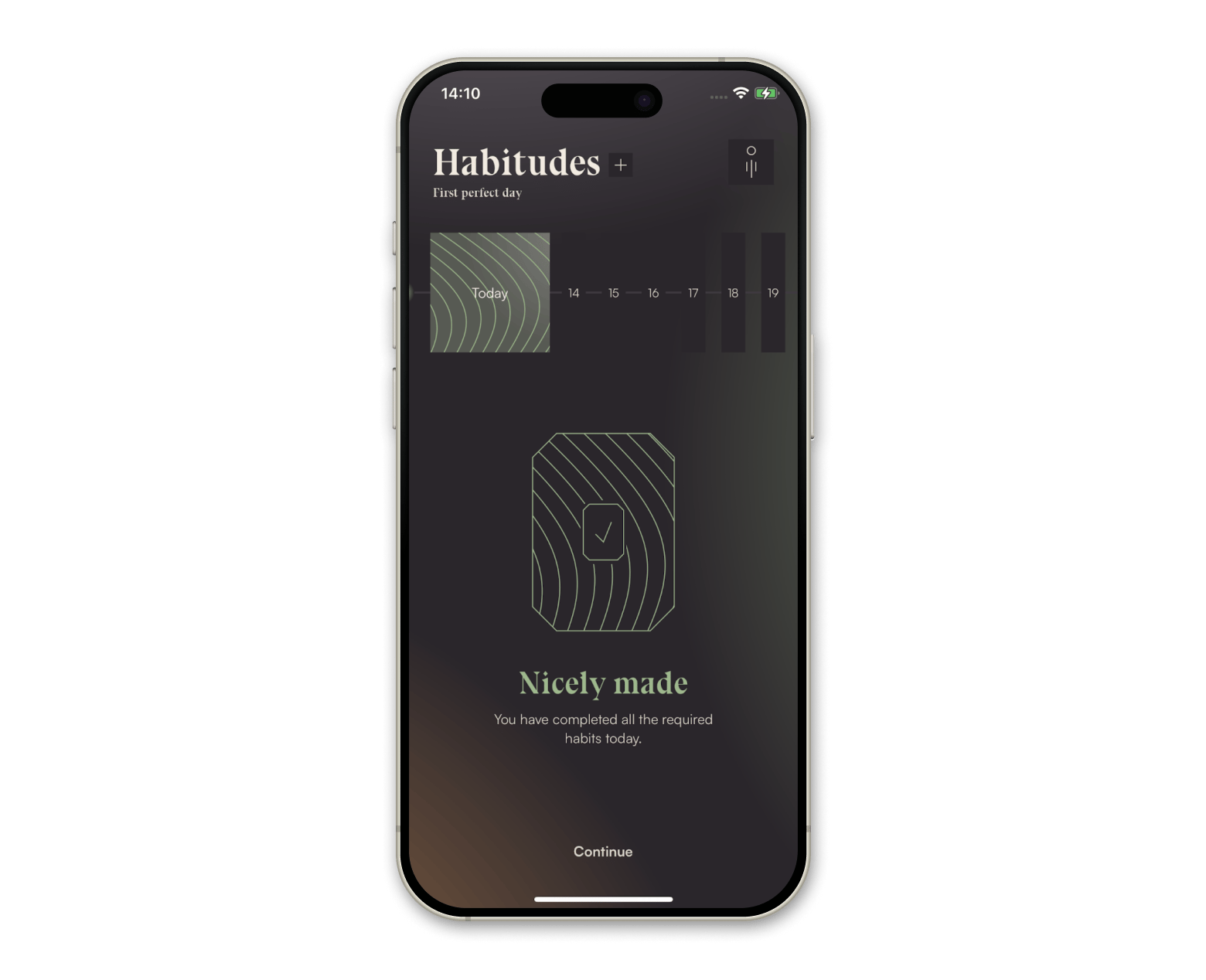
What is the value of mood tracking?
Mood tracking forces us to take a moment out of our day and reflect on why we were feeling the way we did. It’s a lot more than just filling in a box with a word or color or being able to look at an overview once the month or year is done — it lets us manage and improve our well-being.
When I started using a mood tracker, I became much more aware of my emotional triggers and was able to identify what in my day-to-day life was causing both positive and negative emotions. From there, I could change things up or catch potential emotional dips before they got out of hand. I was also about to share my mood charts with my therapist and talk through my emotions with a reference point.
But of course, there are dozens of reasons to track your mood, whether you want to improve your emotional intelligence or better recognize how you’re feeling.
Track your mood for better emotional resilience
Mood tracking apps and tactics — so long as you’re consistent — are a brilliant tool to incorporate into your routine. They’ll help you understand the factors that influence mood and break down the highs and lows of your week, month, and year so you can continuously put your well-being at the top of your priority list.
With such a wide variety of apps available, you can scour Setapp and find the apps I mentioned, like UpLife, Diarly, and Awesome Habits that resonate with your mood tracking preferences, as well as 250+ other apps to guide you in the digital world.
Start a 7-day free trial on both platforms and see how these tools can change the game!
